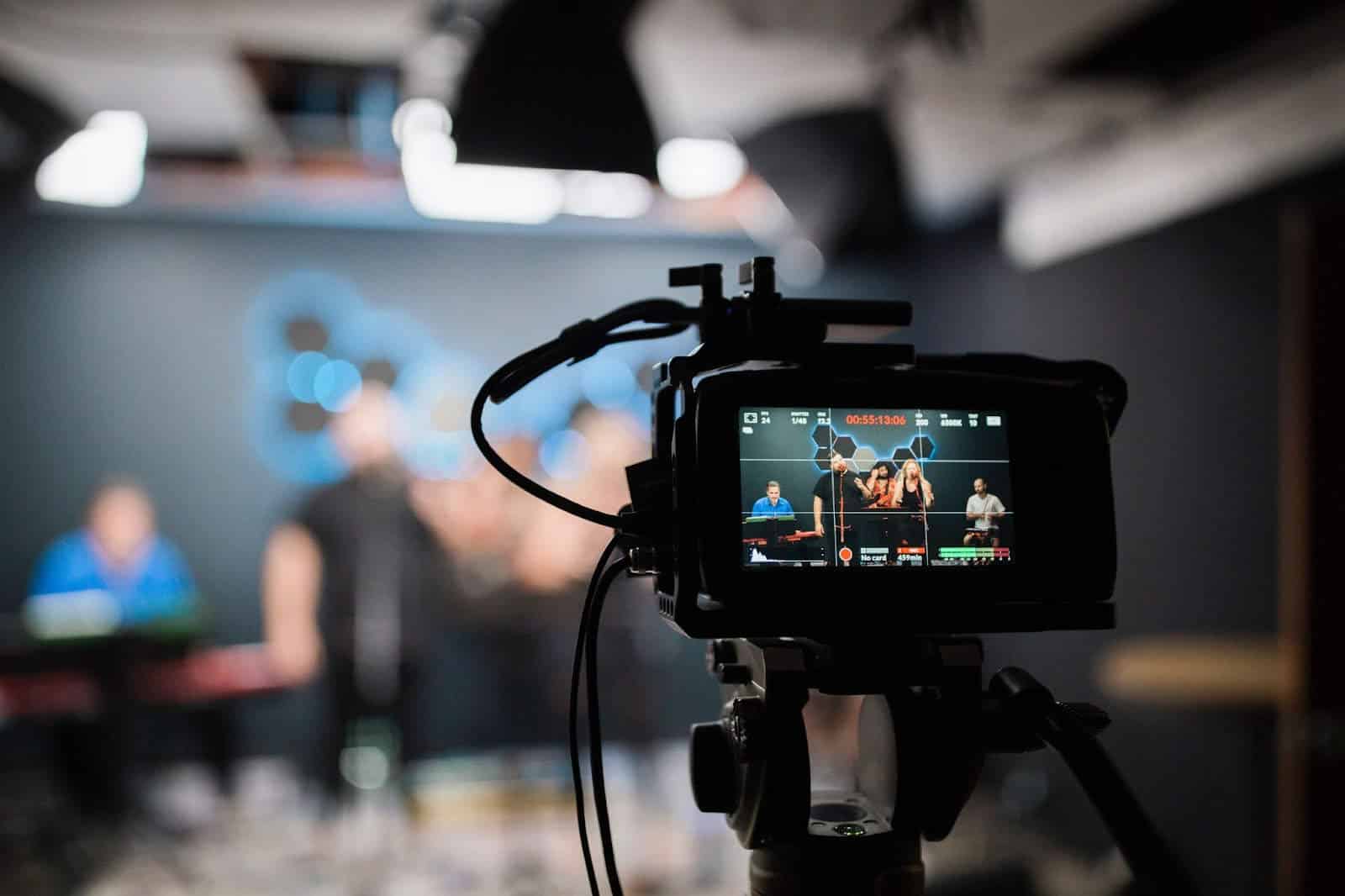Broadcast media plays a crucial role in shaping public perception, disseminating information, and influencing societal trends. This traditional form of media, which includes television and radio, has been at the forefront of delivering news, entertainment, and educational content to mass audiences for decades. In recent years, broadcast media has had to adapt to the rapidly changing technological landscape, integrating digital platforms and addressing new challenges in the media industry. In this article, we will explore the importance of broadcast media, its evolution, and its ongoing influence on society.
What is Broadcast Media?
Broadcast media refers to the transmission of audio and video content to a large, general audience via television or radio signals. It encompasses a variety of formats, from news programs and documentaries to entertainment shows and commercials rarecareer.com. Traditionally, broadcast media reached people through over-the-air signals, with programs being aired at scheduled times. However, with the rise of digital technology, broadcast media has evolved to include cable and satellite television, as well as online streaming platforms.
Broadcast media remains one of the most powerful tools for communication, providing real-time coverage of events and offering content that appeals to diverse demographics. Whether it’s a live news broadcast or a prime-time television show, broadcast media continues to capture the attention of large audiences worldwide.
The Role of Broadcast Media in Shaping Public Opinion
Broadcast media plays a pivotal role in shaping public opinion by providing a platform for news, discussions, and public discourse. News programs, in particular, have the power to influence how people perceive political events, social issues, and public figures. The framing of a story—how it is presented to the audience—can significantly impact public attitudes and beliefs.
For example, the portrayal of political candidates or social movements in broadcast media can either garner public support or generate criticism. Broadcast media outlets have the ability to highlight certain issues, bringing them to the forefront of national conversations. At the same time, they can downplay other topics, which influences what issues the public prioritizes. As a result, broadcast media serves as both a reflection and a shaper of public opinion.
The Evolution of Broadcast Media
The history of broadcast media dates back to the early 20th century when radio broadcasts first began reaching the public. Television followed soon after, and both forms of media became the dominant means of communication for decades. People tuned in to their favorite radio shows or TV programs for news, entertainment, and information. However, as the internet became more accessible, broadcast media faced growing competition from digital platforms.
In response to these changes, broadcast media outlets have adapted by incorporating digital technologies. Many traditional broadcasters now offer online streaming services, making their content accessible on-demand. Additionally, broadcasters have embraced social media to reach younger, tech-savvy audiences who prefer to consume news and entertainment via smartphones and tablets.
This shift to digital platforms has been essential for the survival of broadcast media in an increasingly fragmented media landscape. Today, broadcast media must navigate both traditional channels and the digital space to stay relevant in the evolving media environment.
The Importance of Broadcast Media in Crisis Communication
Broadcast media has always played an essential role in times of crisis, whether it’s covering natural disasters, political upheavals, or public health emergencies. During such events, broadcast media provides real-time updates, ensuring that the public is informed about the latest developments. This immediacy is especially important when it comes to critical information, such as evacuation orders, health advisories, or public safety warnings.
The ability of broadcast media to disseminate information quickly and to a broad audience is crucial in managing crises effectively. During major events like the September 11 attacks, natural disasters like hurricanes, or the COVID-19 pandemic, broadcast media has been the primary source of information for millions of people, keeping them updated on urgent matters and helping to prevent panic.
The Influence of Broadcast Media on Popular Culture
Broadcast media has a significant influence on popular culture, shaping trends, influencing fashion, and even altering societal norms. Television programs, music shows, and radio broadcasts introduce new ideas, celebrities, and cultural movements to mass audiences. The content created by broadcasters often sets the tone for what is considered popular or mainstream in society.
From the rise of reality TV to the global success of sports broadcasts, broadcast media continuously shapes cultural values and interests. Shows like “The Simpsons,” “Friends,” or “The Voice” have not only provided entertainment but have also influenced social behavior and language. The reach of broadcast media ensures that popular culture is spread quickly and consistently, creating shared experiences for millions of people.
Broadcast Media and Advertising Revenue
Advertising is a significant revenue source for broadcast media, especially for television and radio networks. Advertisers pay large sums of money to have their products or services featured during prime-time slots, hoping to reach the largest possible audience. The financial relationship between broadcast media and advertisers has shaped the programming and content decisions of many media outlets.
Advertisers rely on the extensive reach of broadcast media to target specific demographic groups, tailoring their campaigns to various age groups, regions, and interests. As such, broadcast media often serves as a bridge between consumers and brands, driving economic activity and supporting industries across the globe. However, as digital platforms grow and allow for more targeted advertising, traditional broadcast media faces new challenges in maintaining its advertising revenue base.
Broadcast Media and the Globalization of News
One of the key benefits of broadcast media is its ability to deliver global news coverage, allowing people from different parts of the world to stay informed about events beyond their borders. International news networks, such as BBC World News, CNN International, and Al Jazeera, provide live updates on global events, bringing issues like conflict, diplomacy, and humanitarian crises to the forefront of public consciousness.
Broadcast media has played a central role in the globalization of news, ensuring that important events, such as elections, climate change discussions, and international treaties, are shared with a global audience. In doing so, broadcast media contributes to a more interconnected world, where people from different cultures and backgrounds can access information and engage with global issues.
The Future of Broadcast Media
As technology continues to evolve, the future of broadcast media will likely involve further integration with digital platforms. Broadcasters are increasingly focusing on offering content through streaming services, enabling viewers to access television programs and radio shows at their convenience. Additionally, advances in virtual and augmented reality could lead to new forms of broadcast media, offering immersive experiences for audiences.
However, broadcast media will also need to address challenges such as declining viewership for traditional television and the rise of on-demand content. To remain relevant, broadcast media must continue to innovate while maintaining its core function of delivering timely, accurate, and engaging content to a broad audience.
Conclusion
In conclusion, broadcast media continues to play a vital role in modern society by providing news, entertainment, and cultural influence to a global audience. While it has evolved in response to digital advancements, broadcast media remains one of the most powerful tools for shaping public opinion, offering real-time updates, and fostering cultural trends. As technology progresses, the future of broadcast media will be defined by its ability to adapt to changing consumer preferences while preserving its essential role as a trusted source of information.





